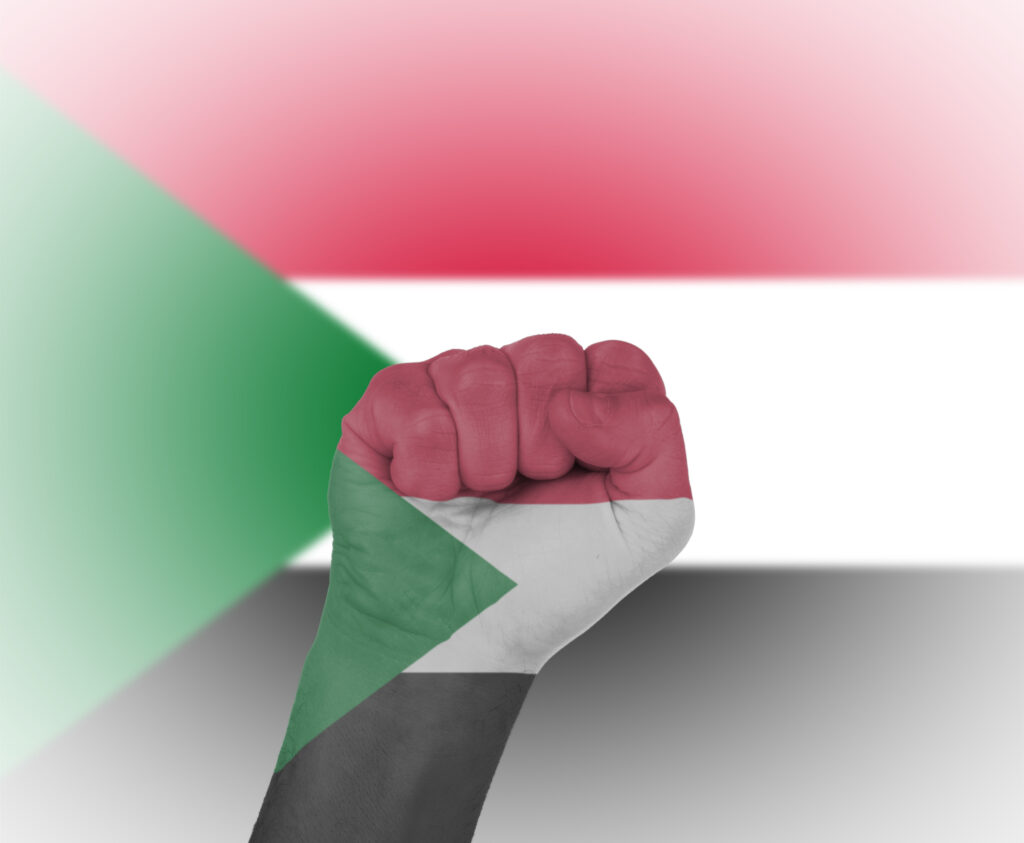Dr Shereen Shaw

News about a conflict in Sudan and the need for emergency flights for hundreds of people leaves us bewildered about the cause of such conflict in the region. The dispute goes back to before the 2019 uprising within parts of the Arab world. At this time there was a power struggle between two factions of the military regime that destabilised the wider region and the Khartoum region of Sudan. Sudan’s transition to democratic civilian-led government was not a smooth one and was met by opposition with many diplomats fearing an outbreak of violence. The tension began to build over the past years leading to rivalries within the country as the government failed to minimise the impact on political and economic relations. Sudanese civilians involved in the uprising in 2019 called for an oversight of the military and an integration of the Rapid Support Forces (RSF) into the regular armed forces, something that continued to be problematic as power struggle continued. In 2019’s uprising, civilians called for the dispersal of military holdings of agriculture, trade, and industries. The aim was to stop the widespread atrocities throughout the country.
The current surge of chaos and violence driving mass evacuations continues to put political and economic pressures on the region. Meanwhile, the army and military de factor ruler Gen Abdel Fattah al-Burhan attempts to reach some form of solution and truce with the RSF leader, Hemedti. Attempts to escape cities and villages have come with great risk of being caught in the crossfire. “The British government is not planning to set up a bespoke scheme for the country like those used for Ukraine and Afghanistan, and is only evacuating British citizens and embassy staff. Almost 4,000 Sudanese small-boat migrants have crossed the English Channel since 2020, and they are already the eighth-highest nationality using the route. Immigration minister Robert Jenrick said on Tuesday that number would “likely” increase because of the crisis. He urged those fleeing the conflict to “seek sanctuary in the first safe country they reach” (Mitchell, A. 2023).
“Since fighting erupted on 15 April, airstrikes and artillery have killed at least 512 people, wounded nearly 4,200, destroyed hospitals and limited food distribution in the vast nation where a third of the 46 million population was already reliant on humanitarian aid. The true death toll is thought to be much higher” (Burke, 2023). While it may not be possible for those fleeing the country to return to their homes again, it is certainly plausible that those leaving everything behind are eager to start a new life away from oppression under a tyrant regime, political unrest and corruption.
News of prisoners being released during the corruption to support the opposition and contribute to this hunger for power are reported by Arabic channels such as Al Jazeera after a failed ceasefire:
“The Sudanese people who had been protesting for four years now, demanding a democratic civilian government… . Now the same brave people are held hostage by the army and the militia and their vicious war” (Albaih, 2023)
The multiple fears from this bloodshed can be summed up in; firstly, the alarming numbers of deaths, the constant threats and risky refugee escape plans, which are compounded by governments failing to offer safe and legal asylum routes. Secondly, in Sudan, that those loyal to Burhan would reinstate many aspects of the past repressive regime but under a new leader. All this whilst inmates roam freely after their release from prisons charged with war crimes and are taking this opportunity to spread chaos, destruction, panic, and terror in the region.
To read more about research in the Arab world please see:
SHAW, SHEREEN. (May, 2023). Activism, advocacy, and rebellion: Arab Women through the work of Nawal El Saadawi. In WOMEN EMPOWERMENT FOR A SUSTAINABLE FUTURE WORLD Springer Nature Switzerland AG. [Inprint]
SHAW, SHEREEN., & Siverio, S. A. (2021). Transcending Shame Through Rebellion: The modern Arab woman, sexual suppression, and the will to break free. In C-H. Mayer, E. Vanderheiden, & P. Wong (Eds.), Shame 4.0: Investigating an Emotion in Digital Worlds and the Fourth Industrial Revolution (pp. 475-494). Springer Nature Switzerland AG. https://link.springer.com/chapter/10.1007/978-3-030-59527-2_22
Dr Shereen Shaw is a Senior Lecturer in Education within the Secondary and Further Education Department at Edge Hill University.
References
Albaih, K. Fear, Guilt and hope in Sudan. Al Jazeera. 25th April 2023
Burke, J. Sudan Conflict: renewed clashes raise fears ceasefire will not be extended. 27 April 2023
Mitchell, A. Braverman rebunked for falsely claiming Sudanese asylum seekers have ‘various’ ways of coming to UK
